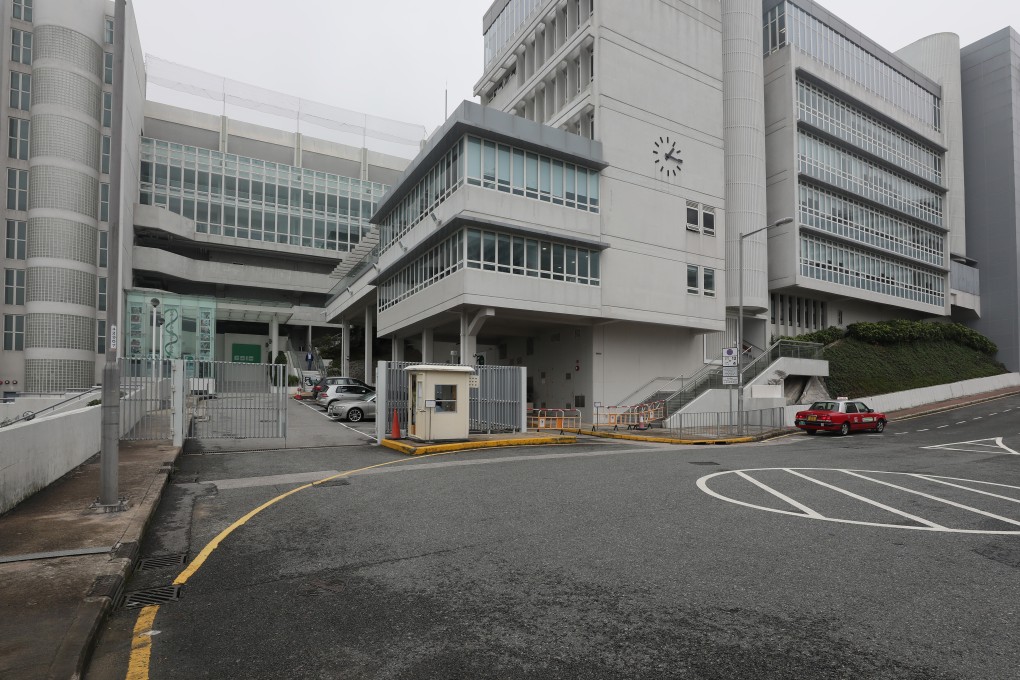Hong Kong court rules it discriminatory for international school to require all elected board directors to speak fluent German
- Judge slams ‘messy’ corporate governance of German Swiss International School
- The discriminatory regulations contravened the Race Discrimination Ordinance, the judge said, with GSIS within the definition of a club

A Hong Kong court has ruled it discriminatory for a prestigious international school to require all elected board directors to speak fluent German, with the judge slamming its “messy” corporate governance.
The High Court on Friday ruled in favour of the management at German Swiss International School (GSIS), which aimed to strike down the articles in its regulations barring non-German speakers from elections, after failing to do so at board meetings, where it did not secure enough votes from members.
The legal bid came after three Chinese parents were elected as board directors last year, but were given only the title of “pending director” because they did not speak German.
The school agreed to remove the disputed rules after a parent filed a complaint to the Equal Opportunities Commission in February, but was unable to garner the required consent of three-fourths of its directors.
The court action was met with objections from some parents and the German government, which hoped to preserve the school’s German tradition and cultural background by having solely German-speaking directors.
There is no justification, and probably has not been for some considerable time, for requiring all directors to be fluent German speakers
The GSIS receives subsidies from both the German and Swiss governments, including an annual 2.665 million euros (HK$23.5 million) from Germany that makes up almost one-tenth of its budget.